Many believe that a great leader is simply a person who has the ability to command a room and the charisma to influence others to rally around their message. But, those are not necessarily the attributes of a great leader. Behavioral science reveals great leadership is much more than just good speaking skills and charm. In today’s workforce, good leadership is characterized by a person’s ability to effectively connect and collaborate with people throughout various contexts of the organization. While the practice of connecting with people is not something that is natural for everyone, the ability to effectively collaborate with others is widely recognized as a critical business skill.
One of the most effective traits for a good leader today is emotional intelligence. EI is the ability to identify emotions (in both themselves and others), to recognize the effects of those emotions, and to use that information to inform and guide behavior. A leader with a developed EI is able to assess situations and adjust the communication style in order to collaborate better, avoid unnecessary conflict, and develop healthy professional relationships.
Using EI as a Leadership Skill
By practicing EI as an individual, employees increase self-awareness and self-management skills in the process. Self-awareness is the ability to identify one’s own emotions, while self-management is choosing how to respond to those emotions that have been identified. These two aspects of EI are different, but both take time and care to develop. Self-awareness is critical for all employees, but to be a great leader, it’s crucial to be able to identify your own emotions first. Why? Because knowing your emotions helps you become more intentional in how you respond to them and how you influence others.
Did you know a study comparing outstanding managers to average managers found 90% of the difference was accounted for by emotional intelligence? Learn more from @InspireSoftware:Tweet This!While EI helps an individual deal with self-awareness and self-management, the other skills that derive from EI include social awareness and relationship management. Leaders who are emotionally intelligent can empathize with others and in tune with what’s happening in the organization as a whole. These traits help to effectively influence others, coach, mentor, guide conflict management, and more. In fact, a recent study found that more than 70% of an employee’s perception of the company culture resulted from their manager’s emotional intelligence levels.
Emotional intelligence has a significant influence on whether or not someone is able to create and maintain relationships with others, including relationships with team members. People with highly developed emotional intelligence are able to adapt their communication style to the way others receive information, as well as actively build productive rapport with others. While it’s possible for leaders to develop relationships with their team if their emotional intelligence skills happen to be underdeveloped, these relationships will not be as effective without the ability to empathize with other individuals and ultimately create a stronger relationship.
Tips to Boost Your Emotional Intelligence
Emotional intelligence is not just something that happens overnight; it’s a skill many develop through years of work and awareness. What are some everyday things you can do to be more emotionally intelligent or help your team to develop this skill?
Emotional intelligence allows leaders to empathize and ultimately be a better coach and mentor. Discover everyday tips to boost your emotional intelligence from @InspireSoftware:Tweet This!Personality Awareness: Knowing the type of personality you and your team members have can help navigate challenging situations better. Understanding your disposition, and the dispositions of others you are working with can improve engagement and trust, which ultimately helps a team work better together toward common objectives.
Effective Listening: Active listening is a skill many need to develop further in order to engage their emotional intelligence. Active listening requires that the listener attends to non-verbal queues, ask clarifying questions, acknowledges feelings and emotions, and paraphrases and summarizes conversations to become a more effective listener. Because of the sheer volume of tasks many of us try to complete throughout the day, we often try to multitask and work while we listen. But, trying to listen to a coworker or team member while working or thinking about our own agenda is not effective and does not demonstrate self-awareness. Effective listening is a skill that will help you lead and makes an impact on your situational awareness while increasing your ability to more effectively influence others.
Facilitating Problem Solving: As a leader, it can be tempting to try and solve every problem that may arise in your department, or between coworkers. However, helping others identify problems that are keeping them from making progress on their objectives, then helping them explore potential solutions to those problems, helps your coworkers develop self-reliance, independence, and overall confidence in themselves.
Recognizing Others: 4 out of 10 workers are actively disengaged because they receive little or no feedback. Taking the time to recognize others and give effective feedback can boost engagement, and it also helps improve emotional intelligence skills as you tailor your feedback to align with the personality of the person you’re delivering it to.
Why Emotional Intelligence Matters
While emotional intelligence is an essential factor in leadership, cultivating EI at every level of your organization can create benefits for the company, including increased engagement, productivity, and trust amongst coworkers. Technical skills are important, but they often overshadow the importance of developing “soft” skills like emotional intelligence. Investing in soft skill training like EI can have a profound impact on your bottom line business strategy.
Want to learn more about being self-aware as a leader and how to lead within certain contexts? Sign-up for our Leadership in Context eCourse for more information about who, what, where, and when you lead should determine how you lead.

